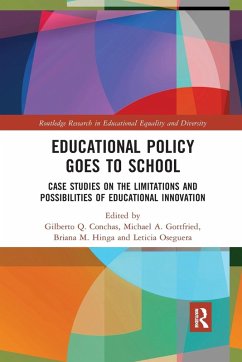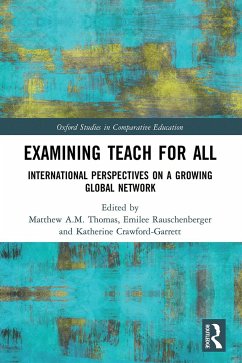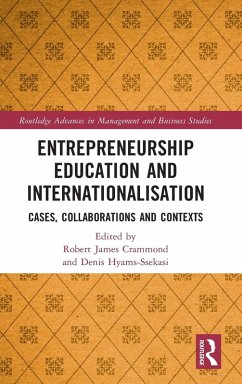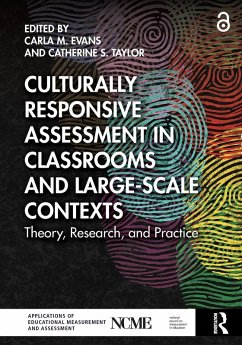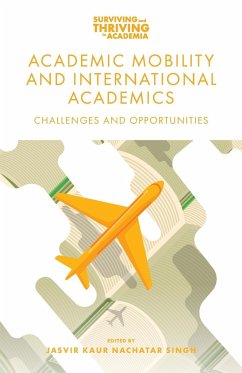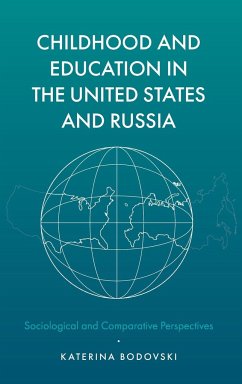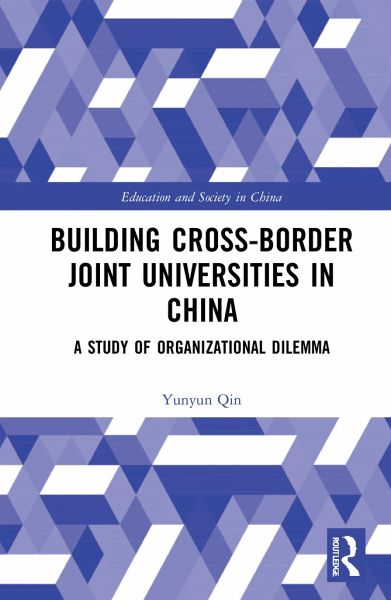
Building Cross-border Joint Universities in China
A Study of Organizational Dilemma
Versandkostenfrei!
Versandfertig in 6-10 Tagen
41,99 €
inkl. MwSt.
Weitere Ausgaben:

PAYBACK Punkte
21 °P sammeln!
This book examines the interactions and dynamics between one cross-border joint-university and its social environment in the process of institutional transplantation and organizational adaptation. This study specifically demonstrates the interplays between the joint-university and its key players, including partners, government, market, parents, and the general public. By examining a variety of tensions between the joint-university and its key social actors, this research suggests a concept of "organizational dilemma" to capture the characteristics embedded in cross-border joint-universities i...
This book examines the interactions and dynamics between one cross-border joint-university and its social environment in the process of institutional transplantation and organizational adaptation. This study specifically demonstrates the interplays between the joint-university and its key players, including partners, government, market, parents, and the general public. By examining a variety of tensions between the joint-university and its key social actors, this research suggests a concept of "organizational dilemma" to capture the characteristics embedded in cross-border joint-universities in mainland China, and as an analytical model to unpack the tensions giving rise to the dilemmatic feature.







